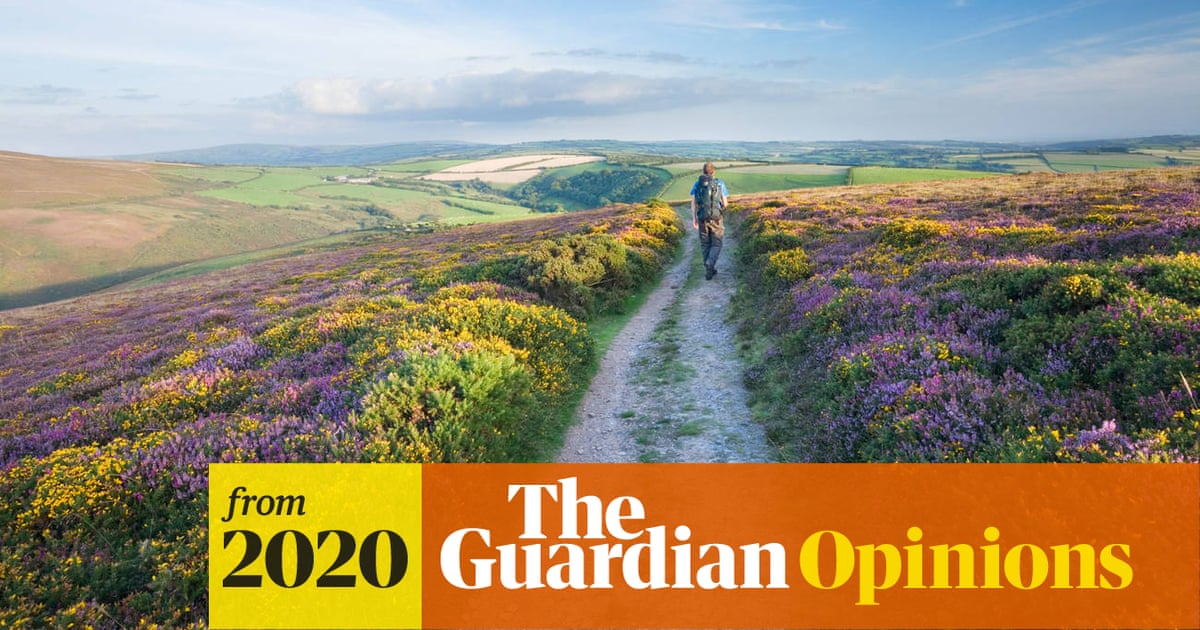L
Lightning
This new proposed law is worrying:
The trespass trap: this new law could make us strangers in our own land

 www.theguardian.com
www.theguardian.com
The trespass trap: this new law could make us strangers in our own land

The trespass trap: this new law could make us strangers in our own land | George Monbiot
A government consultation being framed as a crackdown on travelling people is an assault on all citizens’ freedoms, says Guardian columnist George Monbiot













